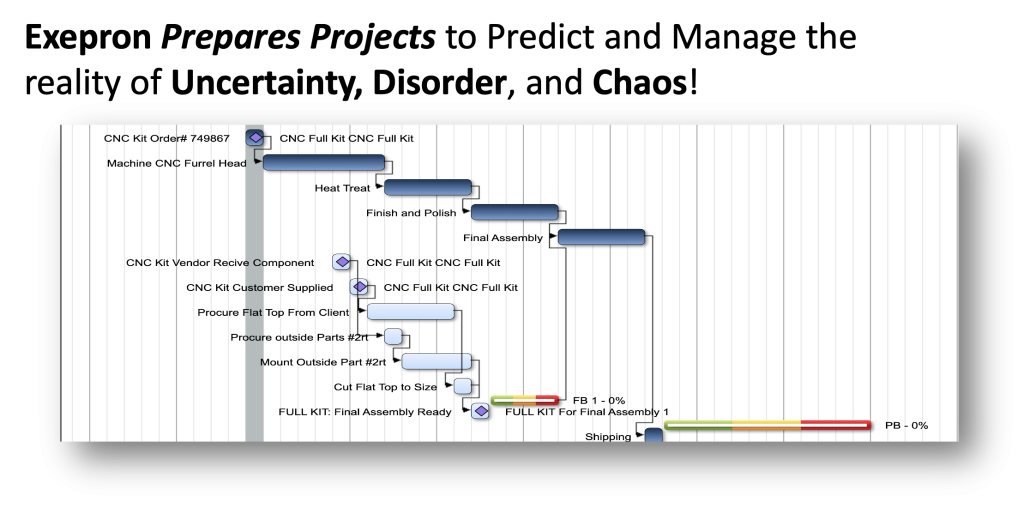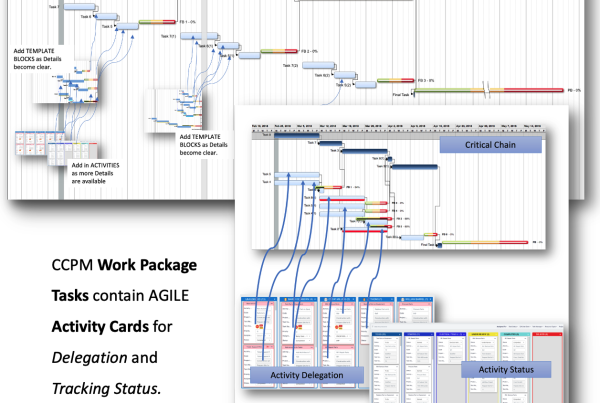Why does Project Management Keep Teaching the Problem It Should Be Solving? We have built a system that can’t afford to solve delays.
It requires you to be nearly competent — just skilled enough to discuss methodology, attend webinars, and renew certifications. The actual delivery would be a disaster for the training schedule, where the methods became the problem.
A system designed to teach will never choose to end the lesson.

Modern project management training doesn’t thrive on completion; it thrives on continuation — on selling local optimization rather than systemic improvement.
Every framework, boot camp, and credential is a monthly subscription to further uncertainty. Not hands-on experience, just certifications, expanding the complexity.
The PM training industry doesn’t sell transformation — it sells dependency.
Every new acronym is a dividend. Every failed implementation is an annuity.
The more “advanced” our methods become, the poorer the results remain.
We can simulate progress with dashboards, gamify learning, and certify confidence — yet success is measured in billable workshops and repeat enrollments.
The system can’t self-correct because its illness is lifelong, billable profitability.
We created a world where delivery is a rounding error, relative to the training industry opportunity.
The Perpetual Student
The miracle of modern project management isn’t that it delivers performance — it’s that it manages to keep enrollment.
Real improvement — achieved through focused transition, constraint management, and a systemic perspective of change — rarely makes it into the syllabus because no one risks owning the whole paradigm.
Approaches that actually solve root causes don’t scale training revenue, and seen as too complex.
And principles that can’t be trademarked are dismissed as “unstructured.”
A system designed to teach will never choose to end the lesson.
If this sounds familiar, it should — many industries thrive in monetizing semi-cures by never resolving the problem. Certification is the subscription model of semi-competence. Only hands-on experience transfers experience.
The Economy of Perpetual Preparation
Imagine if construction firms made more money from delays than actual on-time and budget completions (but wait, changes and delays are the real money maker) — would you expect construction to finish on time?
That’s the education economy. It’s not failure; it’s by design.
Method churn is the annuity stream of the consulting and training industry.
Even “agility” has been commodified — sold back as tiers:
Silver, Gold, Enterprise.
You can’t learn your way out of a system whose engine runs on your perpetual preparation.
The Path Out — Back to Basic Principles
The cure isn’t another credential. It’s a return to applying first principles.
Fundamental transformation doesn’t begin with more education, workshops, or branded frameworks — it starts with leadership that can see through the noise and act with clarity.
Not another “program of improvement,” but a disciplined return to what works: a unified vision, a proven method, and the courage to execute.
Transition isn’t learning more; it’s about adapting more.
Exepron embodies this through application-based learning — using real projects as the medium to transfer skills, not theory.
But beyond hands-on application, the true first principles remain constant:
- Protecting against systemic uncertainty
- Making variations visible
- Establishing a clear and enforceable priority system
- Enabling timely intervention and early warning
- Identifying and addressing capacity and process limitations
These aren’t academic ideals; they’re operational truths.
They form the foundation of reliability, visibility, and flow — the hallmarks of systemic improvement.
 Methods don’t deliver results — people do. And people don’t change because of certificates; they change because of conviction, accountability, and the visible success that reinforces their belief.
Methods don’t deliver results — people do. And people don’t change because of certificates; they change because of conviction, accountability, and the visible success that reinforces their belief.
More training is not a transition. More programs are not progress. Results are.
When organizations rediscover this — when leaders strip away the complexity and return to system-wide fundamentals — delivery will become reliable, improvement will be sustainable, and growth will be inevitable.
That’s not another method. That’s mastery.
Find out how to significantly reduce lead time and realiable delivery at exepron.com
Let’s explore if there’s a fit for your organization.
We invite you to test the Exepron. We’ll bring the method, platform, and support. You bring the willingness to differentiate, retool operations, and lead cohesively.



